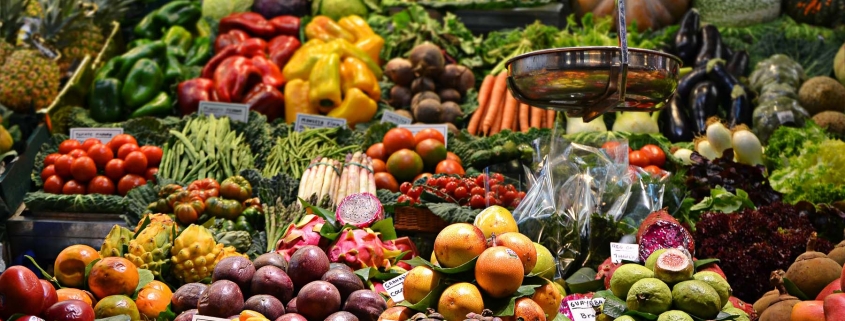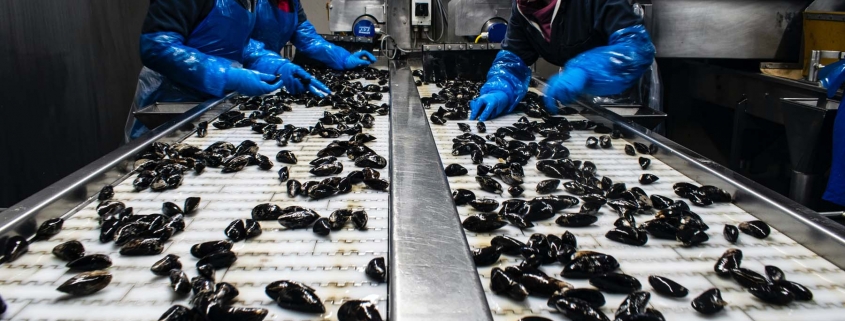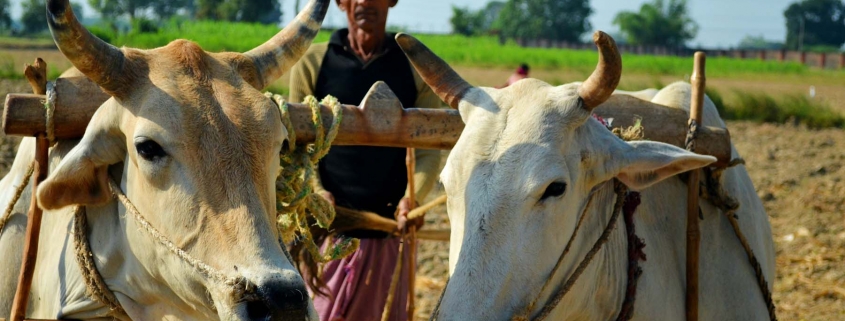Today (20 May 2022) is world bee day and in this blog, Dr Anne Touboulic, Associate Professor in Operations Management at Nottingham University Business School explores the role of this undervalued species.
Bumblebees are a symbol in many ways. A symbol of the interconnectedness of humanity and ecological systems and one of how such interdependence is fundamental not only to our functioning natural environment but also to our socio-economic systems. Beyond the role that these insects play in sustaining life on the planet, the reliance of the human species on bumblebees and their labour goes back thousands of years. From the foraging of wild honey to beekeeping, humans have enjoyed and used bee ‘products’ for many purposes, notably nutrition and health. Yet the role and contribution of bumblebees, remains largely hidden and undervalued. Recent research has shown that the global insect population, including pollinators like bumblebees, is under unprecedented threat due to land system changes (such as deforestation) and climate change.
Human society would not be able to sustain itself without bumblebees and pollinators in general. While this is widely acknowledged and has prompted action with regards to policies on agricultural practices in particular, including pesticide use, the rate at which pollinators are dying reveals that most of the so-called solutions proposed so far have not translated into meaningful and significant change.
One of the fundamental issues that restricts us from radically transforming the fate of bumblebees is the way in which we conceive of our relationship with them, other pollinators and the natural environmental more broadly. Indeed, the dominant view in our socio-economic system is rooted in instrumentalism. In other words, bumblebees are only valued as far as they are viewed as serving our consumerist model. From this perspective, bumblebees are simply an exploitable resource in our global production and consumption system, a small cog in extended supply chains driven by the demands of consumers in the global North and essentially by the growth-seeking multinational corporations.

Dr Anne Touboulic
Arguably, the coordination and control of supply chains by efficiency seeking corporations under the current capitalist system is the root-cause of environmental degradation experienced globally. Here one can think of the example of the commercialisation of honeybee colonies in North America, whose ‘work’ and ‘services’ are being rented out to industrial-scale farms to ensure the supply of sought-after crops like almonds. Such practices not only mean that honeybees face disastrous ‘working conditions’, which inevitably leads to their death, but are also detrimental to the wider ecosystems as commercial European honeybees end up competing with native bee species. The pursuit of ever-more efficiency and productivity obscures matters of ethics and care, which should be at the heart of we rethink the organisation our production and consumption systems to work in harmony with nature.
It is estimated that 75% of global crops depend on pollinators, which is the equivalent of one in three mouthfuls of the food we eat. Hence the (potential) impact of their collapse is immense. So, what is our fate and that of bumblebees? The novel ‘The History of Bees’ by Maja Lunde paints a rather bleak future, where all bees have disappeared, and pollination must be done by human hands. Although this may sound far-fetched to some, there is already evidence that parts of the global agricultural industry, such as vanilla, rely on hand or mechanical pollination. Many see the solution to be rooted in the advance of technology and so-called innovation, with the development of beehive monitoring technologies and of robotic bees to replace those that we have killed. We must be wary of the usual collective optimism around the possibilities offered by technology to ‘save us’ because such technofixes only serve to hide the root causes of the issue. The technologies mentioned above will all likely afford more control to and create more dependence over corporations in our global (food) supply chains. Furthermore, robot bees are imperfect replacements for bumblebees – they can perhaps fulfil their role as workers, but they cannot take their place in ecosystems where bumblebees are also a source of food for other species, and so on.
We need radically different ways of imagining our relationship with bumblebees, beyond seeing them as ecosystem service providers. We must detach ourselves from the dominant instrumental discourses to reconnect with different values, which can make us appreciate the natural world and other species, simply for their beauty and mystery. Only then will we be able to find harmony.













